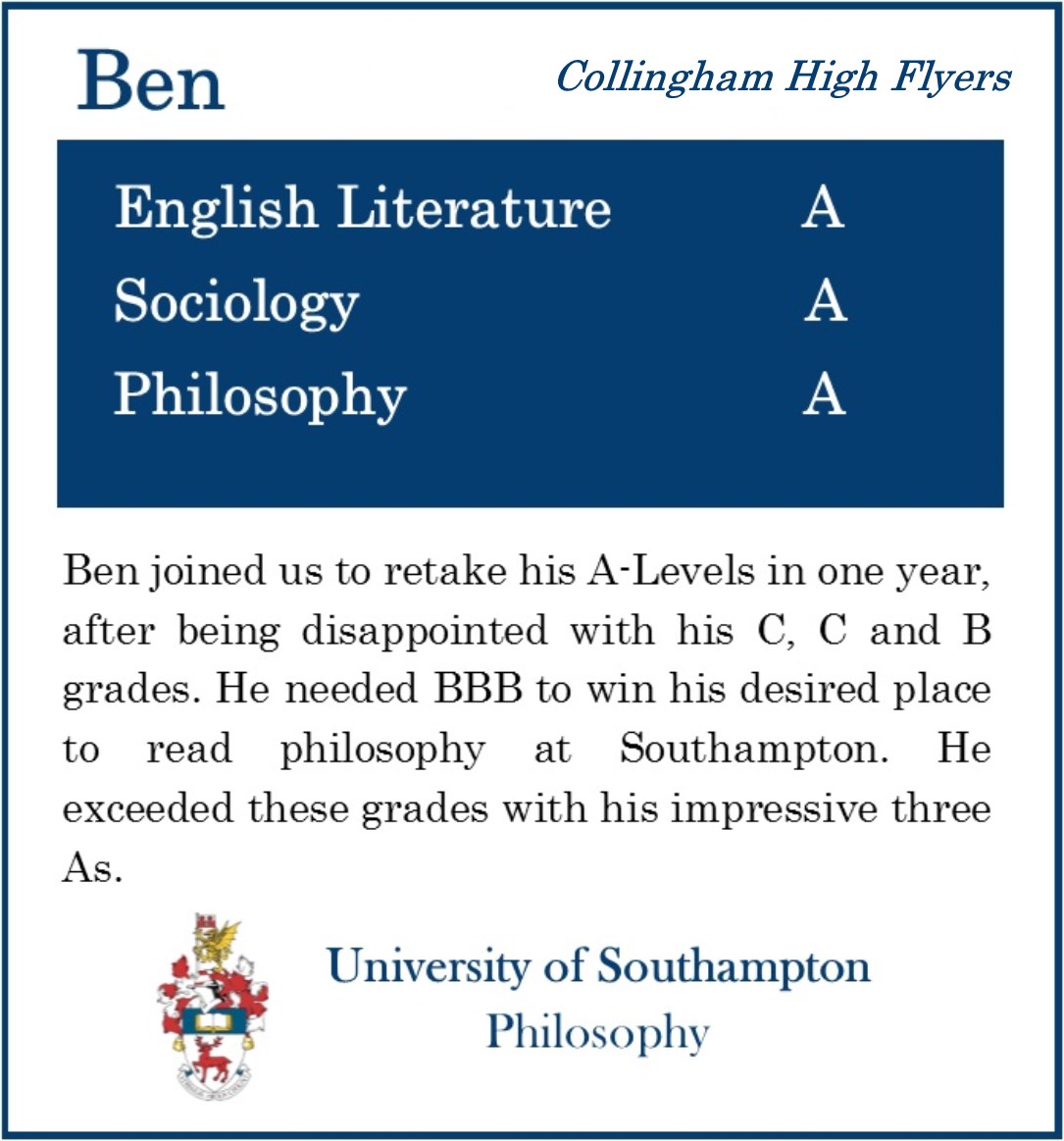“An unexamined life is not worth living,” said Socrates, the pioneer of philosophy.
John Stuart Mill agreed with him: even if examining your life makes you discontented in some ways, it is still worth doing, because it is better to be a discontented Socrates than a contented pig. Even though the pig doesn’t know what it’s missing, it still is missing out on what makes us distinctively human.
Philosophy is critical reflection on our fundamental beliefs. It is an ‘ideas’ subject, and all you need to begin Philosophy is a fascination with ideas, or with ‘the big questions’ (as the title of one introductory book puts it), such as:
How do we tell when someone is thinking logically?
What is consciousness and how is it related to the brain?
Could computers have minds?
Is it possible to be sure of anything?
Can belief in God be rational? Can atheism?
Is morality more than subjective opinion?
Why should I obey the law, and is civil disobedience ever justified?
Philosophy teaches you to think about such questions in a rigorous, logical, analytical manner. It trains you to think clearly and express yourself accurately, to break down and build up arguments, so it should help your work in other subjects too. It will not be easy, but will be
Philosophy is half-way between the Sciences and the Humanities, and combines well with almost any other subject, both at A level and at university. Though not itself a vocational subject, it is a useful background for entry into a wide range of careers (e.g. management, law, information technology, public administration), indeed for any job where one needs to be able to think logically and present ideas clearly.
The Course
Philosophy is examined entirely by exam; there is no coursework. There are two three-hour papers. The first is on the first year themes of Epistemology and Moral Philosophy, the second on the second year themes of Metaphysics of God and Metaphysics of Mind. Each paper has the same format, with five structured questions on each theme.
The course considers philosophical questions one at a time, discussing what issues it raises and what we might initially think, then considering and evaluating some classic arguments, and finally creating and defending our own positions. This means that there is some reading and some learning, some debating (and learning how to argue), and a lot of thinking.
Pure philosophy A Level is only offered by AQA.

.jpg)